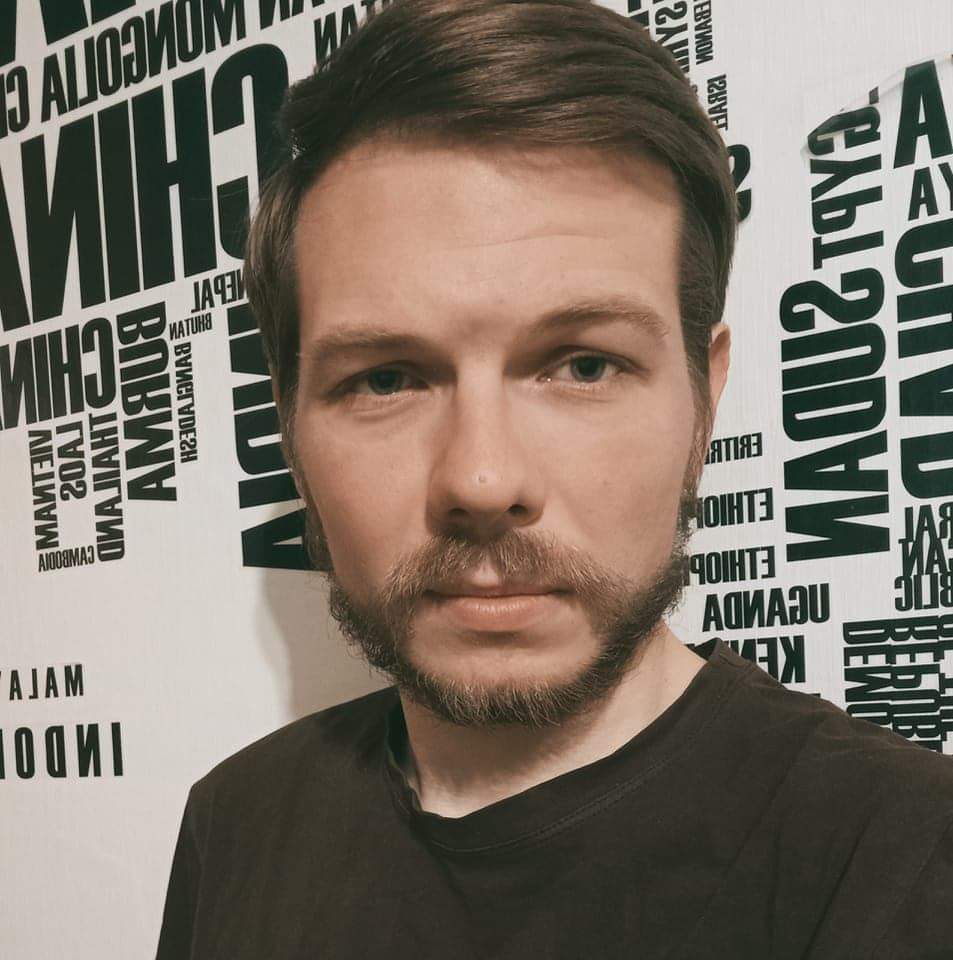The network approach has heuristic and theoretical-methodological potential in the knowledge of religion, which is confirmed by the results of network research and the interest of a number of specialists, including religious scholars, sociologists, and historians of religion, as well as the appearance of works the subject of which are religious structures formed outside Western societies. Network researchers use a specific conceptual frameworks and methodologies, such as graph theory, which allow them to expand their understanding of religious phenomena and offer new perspectives for the study of religious objects, processes, etc. At the same time, an analysis of research using the network approach confirms its applicability primarily in understanding the structural, organizational, and informational dimensions of religion, including the processes of spreading religious ideas; mechanisms of formation, functioning and collapse of religious structures; identifying relationships between the characteristics of networks and the well-being, psychological health of their members, etc. This circumstance makes the network approach limited, but effective at the same time when solving a range of problems in research strategies for studying religion. It is noted that, despite the growing interest in the network phenomenon in the post-Soviet space, authors do not use conceptual apparatus and methodologies developed within the paradigm, and the results obtained by foreign authors are often ignored. Therefore, the following are considered the most optimal directions for developing approaches to the study of religion: turn to the body of foreign network research, active use of network methodology by humanities specialists (primarily, graph theory), conducting applied research on specific religious objects and processes.
Key words: network, network paradigm, network approach, religious groups, graph theory, methodology of study of religion
DOI: 10.22250/2072-8662-2025-1-115-121
About the author
 |
Kosenkov Y. Alexander – Junior Researcher, Institute of Philosophy of the National Academy of Sciences of Belarus; ½ Surganova st., Minsk, Republic of Belarus; This email address is being protected from spambots. You need JavaScript enabled to view it. |






